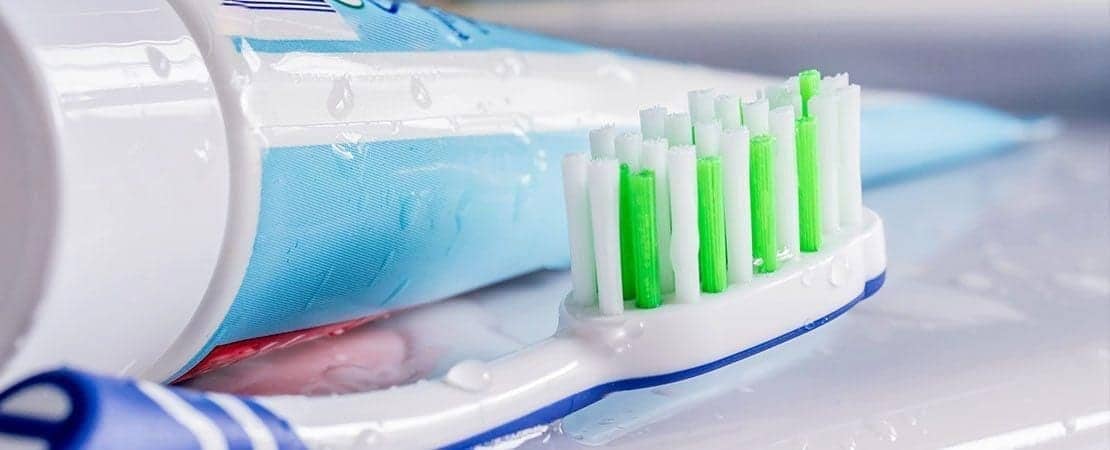Fluoride treatments are a common part of a dental checkup and an important part of your child’s dental development. But how exactly does fluoride help keep teeth healthy?
What Is Fluoride?
Fluoride is a compound containing the natural element fluorine. It works by inhibiting the loss of minerals in tooth enamel and strengthening areas that are weak and developing cavities. It also affects cavity-causing bacteria, limiting the acid attacks that break down teeth.
How Do We Get Fluoride?
Fluoride can occur naturally in the waters of some geographical areas, but it is often added to community water supplies. Fluoridated water supplies can lower rates of tooth decay by over 50 percent.
It’s also important for children to brush with fluoridated toothpaste twice a day. Parents should dispense toothpaste for young children to prevent them from swallowing too much. The board certified pediatric dentists at Jenkins & LeBlanc recommend a tiny smear of toothpaste for children under two, and a pea sized amount for ages two to five years.
Is My Child Getting Enough Fluoride?
Your pediatric dentist considers many factors in determining how much fluoride your child needs, including the child’s age, dental decay risk, and dietary sources. Different kinds of water—tap, bottled, etc—vary in fluoridation. Your pediatric dentist will work with you to make sure your child is getting, but not exceeding, the recommended amount of fluoride.
Fluoride is a safe and effective way to prevent and fight tooth decay, but products containing fluoride should still be stored out of reach of young children. Too much fluoride can cause fluorosis, tiny white specks, in developing permanent teeth.
Visit our Dental Health section for more information about good oral hygiene practices for children, or contact us to schedule a regular dental checkup every 6 months.
